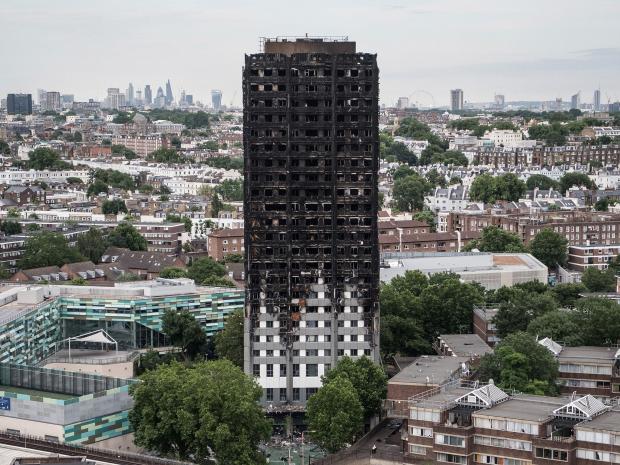Last Saturday here in London, UK, we read about the heartbreaking case of the youngest victim of the Grenfell Tower tragedy, Logan Gomes. The child of Marcio and Andreia Gomes, Logan was as yet unborn when the fire struck. His mother Andreia was taken to hospital following her escape, where doctors discovered that poisonous fumes from the blaze had claimed the life of the unborn child. Logan was born while Andreia was in an induced coma, and Mr Gomes was faced with the unthinkable task of breaking the news of his youngest child’s death to his wife and the couple’s other daughters, Megan and Luana.
Just a few days previously, we read that “the UK’s largest doctors union”, the British Medical Association, “has called for the complete decriminalisation of abortion and for women to have access to terminations on demand.” The article continues, “If the BMA gets its way, medics would not face criminal sanctions for providing, or women for procuring, an abortion in any circumstances, at any stage in a pregnancy.”
That is to say, the largest union of doctors in the UK is calling for the legalisation of the deliberate killing of children at precisely the same stage of life as young Logan Gomes. The BMA (an association of doctors – people with the job of saving lives) wants the law make abortion legal for any reason whatever, at any stage of pregnancy, right up to birth.
What are we to make of this?
Well, most obviously, we must assume that none of those doctors who voted for this proposal have any sympathy whatever with the Gomes Family. For you cannot simultaneously mourn the tragic death of a child on the one hand, while on the other hand simultaneously arguing that a mother should have the right to have her child killed deliberately without the need to feel any remorse or grief at all.
Either these unborn children are human beings, with the same rights as the rest of us, or they are not.
You cannot have it both ways.
















Steve, I agree that there is moral schizophrenia at work here, but I think that the argument is oversimplified because it ignores the parents.
When my friends had a still-born baby many years ago my heart ached for the parents (my friends who dearly wanted this child) but to my shame I don’t remember feeling hurt for the baby himself (the missed opportunity of living a life here on earth). Certainly, my grief was partly mitigated by the knowledge that the baby was safe in the hands of the Lord, but for me it was also a case of out of sight, out of mind. I did not feel for a person I had not seen or spoken with, but I felt deeply for the parents who I had.
I believe, therefore, that doctors would grieve for the Gomes family because the parents are grieving. But the same doctors would be happy that unwanted children are not burdening their parents. Corporately we have ignored the hidden and silent child and focused only on the wishes of the mother who can be seen and heard.
On this superficial level there is a valid argument against late term abortion, because the community of people around the mother (would-be grandparents, siblings, other family members, neighbours, colleagues, etc.) must be aware of the pregnancy (i.e. a visibly pregnant mother) and will therefore suffer grief when the baby is killed. The baby is still silent but no longer hidden and, therefore, the mother cannot bear the grief alone.
As for the more important argument, that the Lord has no unwanted babies (regardless of the mother’s wishes) is much harder in a world which does not recognise a Lord over it. And today I have no solutions for it.